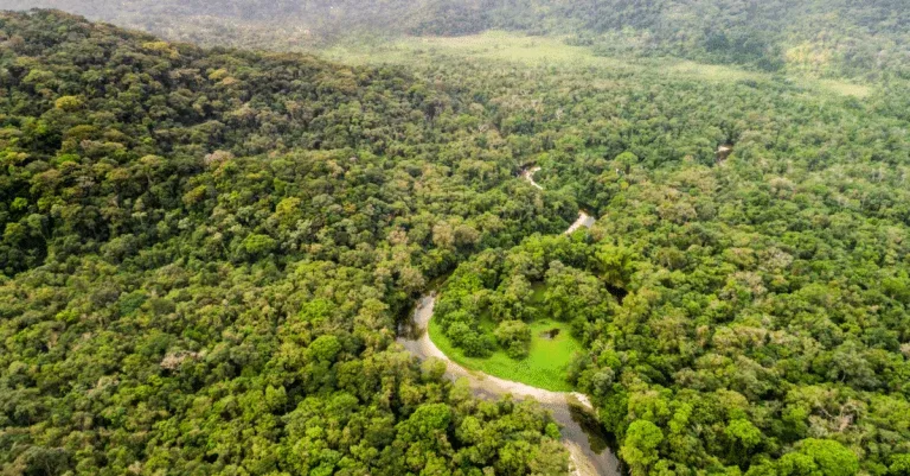
Climate does not wait, and the communities of Eastern Congo even less.
The Democratic Republic of Congo (DRC) is embarking on a new ambitious project to strengthen climate resilience in its eastern provinces (North Kivu, South Kivu, Maniema). A grant of USD 8.24 million from the Global Environment Facility (GEF) through the Least Developed Countries Fund (LDCF), combined with nearly USD 19 million in co-financing, will support the implementation of a five-year strategy entitled “Resilient Growth and Climate Change Adaptation in DRC.”
Objectives and Beneficiaries
The project aims to reach around 30,000 people, at least half of whom will be women.
More than 15,000 hectares of farmland will be brought under climate-resilient agricultural practices (droughts, floods, irregular rainfall).
At least 500 lead farmers will gain access to improved seeds and tailored training.
Methodology & Areas of Intervention
Strengthening the capacity of local institutions.
Making climate information more accessible: data, alerts, training, to better anticipate risks.
Promoting sustainable agriculture.
Ensuring the inclusion of communities, youth, and women, notably through agricultural cooperatives.
Supporting market access: empowering women entrepreneurs in processing and selling agricultural products.
Promoting regional knowledge-sharing with neighboring countries such as Uganda, Rwanda, and Burundi.
Broader Issues
This funding complements the DRC’s commitments under the Paris Agreement, notably through the National Adaptation Plan (NAP) and the Nationally Determined Contribution (NDC).
The initiatives also aim to tackle the root causes of vulnerability: soil erosion, climate disruptions, poverty, and weak local governance.
By fostering economic and social stability, the project could help mitigate tensions over natural resources, which are often exacerbated by climate change.
Conclusion
This is an important step toward a more climate-resilient DRC. By targeting the most vulnerable areas and mobilizing women, youth, and local institutions, the project could serve as a model for other regions facing similar challenges. The real test will be its implementation: access to funding, logistical capacity, the long-term sustainability of agricultural practices, and the continuous engagement of communities will be key to success.
Share: